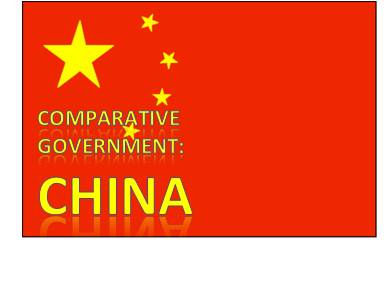Monday, May 24, 2010
Slaying Chinglish
Andrew Jacobs writes in the New York Times about the confusion caused in China by street signs and other public messages for non-Chinese speakers. The translation is often done using an automatic program or by someone without knowledge of English idioms. The result is a ubiquity of awkward wording that does not get the message across. While translations like "fatso" or "lard bucket" for extra large clothing may be amusing, for many Chinese officials they are very embarrassing. The Shanghai Commission for Language Use has been trying to clean up these Chinese malapropisms, with a plan modeled after Beijing’s efficient fixing of English signs for the 2008 Olympics. Unfortunately, the Shanghai Commission’s original due date, the beginning of the Shanghai Expo, has already come and passed. Wang Xioming, an English scholar at the Chinese Academy of Social Sciences, was spurred to action by the laughter of her foreign colleagues. Zhao Huimin says that translation errors undermine the intended utility of signs. Regardless of the reasons of esteemed officials, lovers of "Chinglish" are upset at the future changes. Oliver Lutz Radtke, who is actually pursuing a doctoral degree in Chinglish at the University of Heidelberg, says that without such malapropisms, a "window into the Chinese mind" would be lost. Jeffery Yao, although he himself is following government directives to properly translate signs, offers the custom of anthropomorphizing nature in park signs, as an indicator of Chinese "expressive" translation. An example of this would be “The Little Grass Is Sleeping. Please Don’t Disturb It” or “Don’t Hurt Me. I Am Afraid of Pain" instead of the Western “Keep Off the Grass."
This reflects China's growing international interactions and the subsequent effect of globalization on China's cultural landscape. It also reveals a slight cultural cleavage between traditionalism and Westernization. This is important because it is a sign of growing foreign investment in China; such growing capitalism may also potentially help to liberalize politics in the future. Nevertheless, the article did indirectly mention China's still strict political culture when it said that businesses do not dare to ignore the government’s suggested translation improvements.
View more pictures of Chinese-to-English malapropisms.
Grade this post.
(Photos from the NYT)
Subscribe to:
Post Comments (Atom)









No comments:
Post a Comment